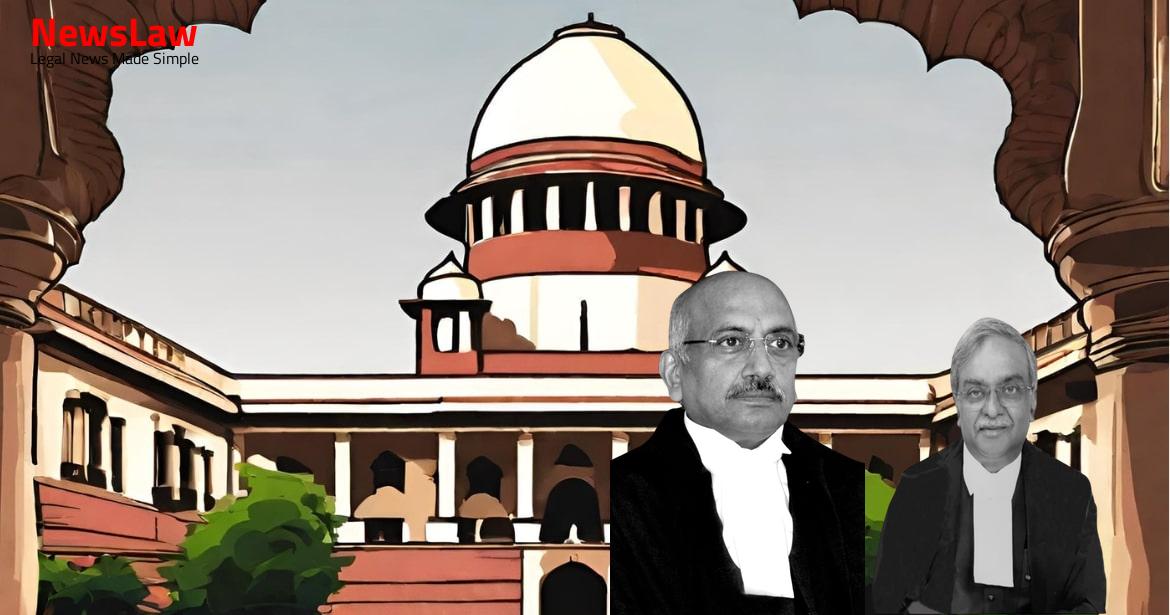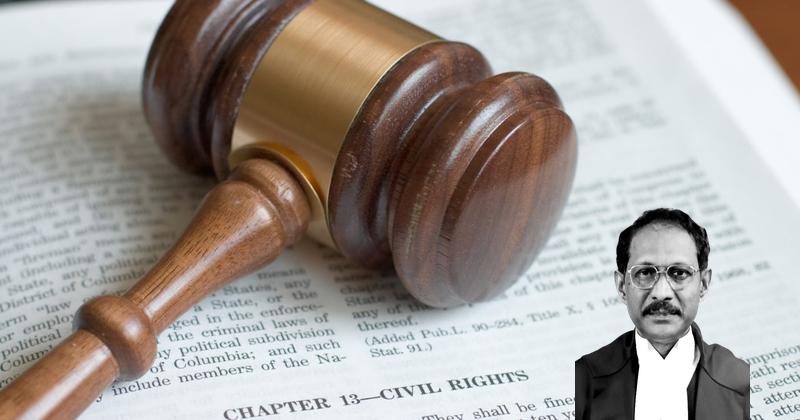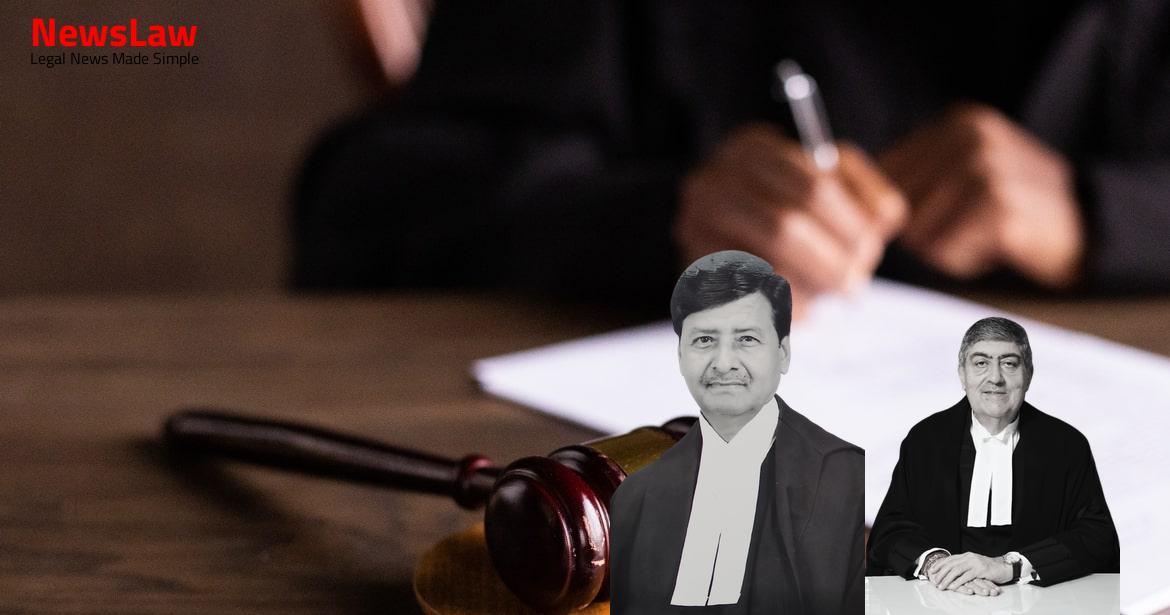In a landmark decision, the Supreme Court of India has ruled on the retrospective application of Section 143A of the Negotiable Instruments Act. The judgment, which addresses the concerns raised by the parties involved in the case, sheds light on the interpretation of procedural laws and their retrospective effect. This ruling sets a precedent for future cases involving similar legal considerations.
Facts
- The Complaint was lodged on 04.11.2016.
- Mr. Vinay Navare, learned Senior Advocate, was requested to assist as Amicus Curiae.
- Appeal challenges the Final Order dated 08.02.2019 passed by the High Court of Judicature at Madras in Criminal O.P.No.3406 of 2019.
- Complaint under Section 138 of the Negotiable Instruments Act, 1881 is pending against the Appellant.
- Two cheques issued by the Appellant were dishonoured due to insufficient funds.
- Trial Court ordered 20% of cheque amount as interim compensation under Section 143A of the Act.
- Appellant filed Criminal O.P.No.3406 of 2019 in the High Court against the order.
- Appellant was directed to deposit Rs.7,00,000/- in the Trial Court.
- Upon deposit, the Trial Court was instructed to invest the money in Fixed Deposit.
- Money would not be made over to the Respondent until further orders.
- Section 143A was inserted in the Act by Amendment Act 20 of 2018.
- The order of the High Court is presently being challenged.
- High Court found no illegality or infirmity in the order awarding interim compensation under Section 143A of the Act
- Percentage of the cheque amount for interim compensation reduced from 20% to 15%
Analysis
- Section 143A allows for interim compensation in cases of cheque dishonor
- Interim compensation must not exceed 20% of the amount of the cheque
- It must be paid within a specific time frame
- If the accused is acquitted, the complainant must repay the interim compensation with interest
- Interim compensation can be recovered as a fine under Section 421 of the Code of Criminal Procedure
- If the accused is convicted, the fine or compensation amount may be reduced by the interim compensation already paid
- Section 183 of the Maharashtra Land Revenue Code allows for arrest and detention in cases of default in payment of land revenue.
- No provision similar to Sub-Section (5) of Section 143A exists in Section 148 of the Act.
- Sections 421 and 357 of the Code post-conviction are deemed adequate for such requirements.
- Section 143A creates a liability for payment and provides for recovery of interim compensation as arrears of land revenue.
- The retrospective application of Section 143A is questioned in cases where offences were committed before its introduction.
- The enactment of Section 143A aimed to change the existing law by introducing pre-conviction payment obligations.
- Recovery of interim compensation can involve coercive methods under Section 421 of the Code.
- The retrospective operation of Section 143A is debated, especially in cases preceding its enactment.
- The accused can be subjected to new obligations and coercive recovery methods under Section 143A.
- Procedural laws like Section 143A may not have retrospective application.
- State machinery can enforce payment of interim compensation as if it were arrears of land revenue.
- Retrospective legislation is contrary to the general principle that legislation dealing with future acts should not change the character of past transactions carried out based on existing law.
- The Court discussed the retrospective operation of certain provisions in the context of extending the period for filing challan or charge-sheet in pending cases.
- Principles regarding the retrospective operation of Amending Acts were outlined, highlighting the distinction between substantive rights and procedural aspects of law.
- The principle of lex prospicit non respicit was emphasized, stating that the law looks forward, not backward, and individuals should be able to rely on existing laws when arranging their affairs.
- A decision in Surinder Singh Deswal and Ors vs Virender Gandhi demonstrated that certain sections of an Amendment Act were held to be retrospective in operation.
- The interpretation of legislation guidelines, especially regarding procedural statutes applied retrospectively, were discussed to avoid creating new obligations or duties for past transactions.
- The decision in Surinder Singh Deswal is distinguishable.
- Section 143A is held to be prospective in operation.
- Section 143A can only be applied to cases where the offence under Section 138 was committed after its introduction.
- Section 148 does not create any new disability similar to Section 143A.
Also Read: CRPF Act: Validity of Rule 27 for Compulsory Retirement – Case of Head Constable vs. CRPF
Decision
- Appeal allowed in the aforementioned terms
- Money deposited by the Appellant to be returned with accrued interest within two weeks
- Orders of Trial Court and High Court to be set aside
Also Read: DAMEPL vs. DMRC: Curative Petition and Arbitral Award Restoration
Case Title: G. J. RAJA Vs. TEJRAJ SURANA
Case Number: Crl.A. No.-001160-001160 / 2019



